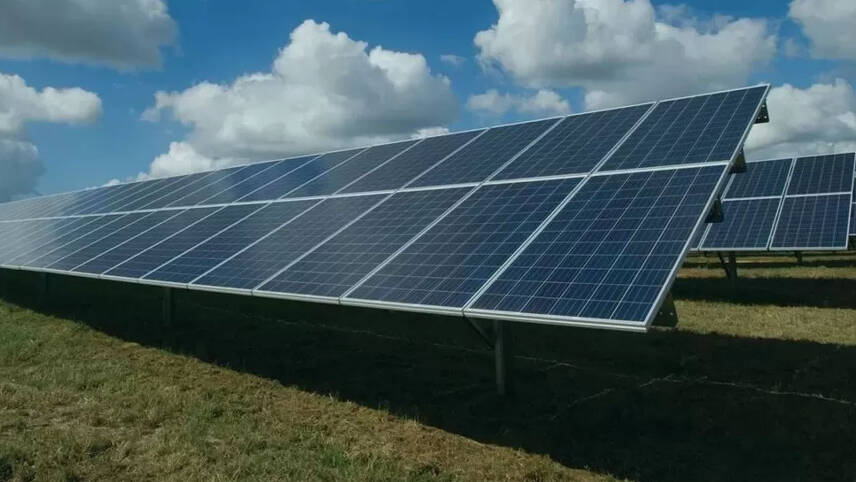Register for free and continue reading
Join our growing army of changemakers and get unlimited access to our premium content

Image: Sunnica
Energy Security and Net-Zero Secretary Clare Coutinho has re-set the statutory deadline for determining the development consent order (DCO) for the Sunnica Energy Farm, with the planning inspectorate confirming that the energy security secretary has decided to push back the decision on the DCO until 20 June.
In a written statement to the House of Commons, Coutinho had previously said the decision was due to be issued by Thursday (11 April). This was already the third deadline set by ministers for a decision on the scheme, which was originally due to be determined no later than last September.
The public inquiry into Sunnica’s DCO application concluded in March last year and the inspectorate’s recommendation was submitted in June to the Secretary of State, who makes the final decision on such major infrastructure schemes.
Sunnica is planning to cover 2,500 acres with solar panels on three sites near Newmarket on the border between Suffolk and Cambridgeshire.
If constructed, the scheme will be more than ten times the size of the Shotwick solar park in Flintshire, currently reckoned to be the largest in the UK.
However, the plans have encountered heavy flak from local MPs, including Coutinho’s Cabinet colleague, Lucy Frazer, who is secretary of state for digital and culture.
The government has pledged to speed up the planning process for renewable projects by setting tighter deadlines for decisions, but critics are concerned that many of the biggest delays are the result of ministerial procrastination, like that bedevilling Sunnica’s application.
Chris Hewett, chief executive of Solar Energy UK, said: “The solar industry is frustrated by the mixed signals coming from government on planning. There has been a string of ministerial decisions in recent weeks overturning or delaying recommendations to approve planning permission for specific solar farms.
“The largest was put back for an extraordinary fourth time today. Such prevarication creates serious doubts amongst potential investors in the UK clean energy economy and their money could easily go overseas, wasting potential for growth and jobs.”
Hewett said he is “very much looking forward” to the launch of the government’s roadmap to reaching its target of 70GW of solar generation capacity by 2035, which is expected in the coming weeks.
This will lay out commitments on skills, grid access, the supply chain and rooftop solar.
David Blackman for Utility Week
This article first appeared on edie’s sister title, Utility Week


Solar electric power is not only fossil-carbon free but far less expensive per kWh than electricity from traditional power stations. This local opposition from politicians and local lobbying groups is holding up the transformation and increase of our electricity supply, which is essential if we are to stop the net emission of fossil carbon by 2050. Not only that, but solar farms are far less obtrusive than wind turbines that can kill birds.